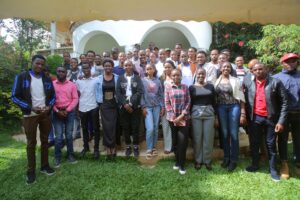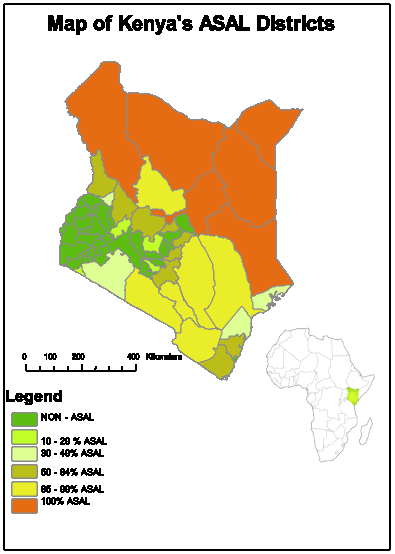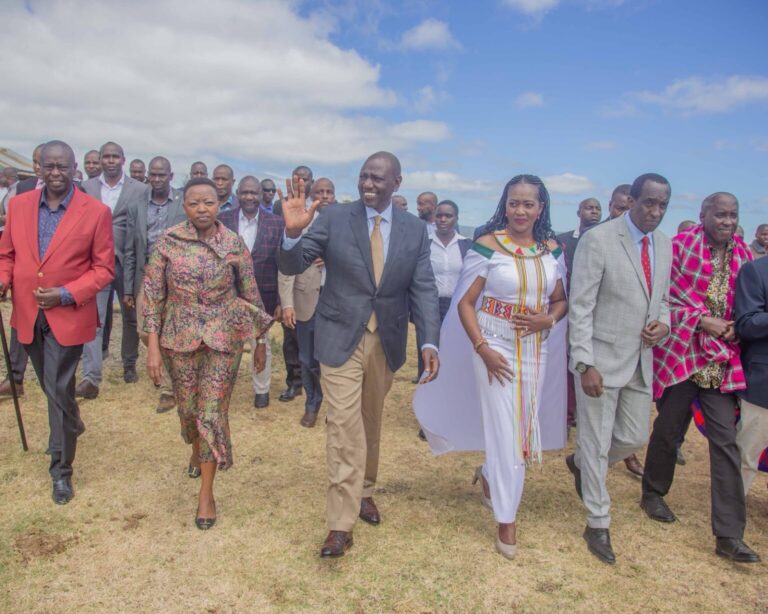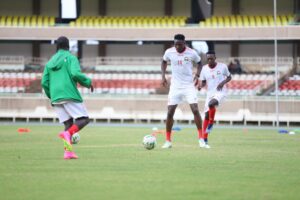Nairobi, Kenya: African Leaders and some of the world’s fiercest climate change campaigners have converged in Nairobi Kenya for the ongoing Africa Climate Summit 2023. This summit is a crucial platform for global discussions. It’s a call to action, connecting African nations with international forums. Here, they’ll outline plans, shape investments, and drive changes in finance systems, exchanging ideas to tackle climate challenges.
Despite this being a climate change week the ASAL counties seem to have been left behind on the address of drought. The Kenyan Government declared drought affecting parts of the country a national disaster in September 2021 (Kenya Presidency 08/09/2021). According to the National Drought Management Authority report, 23 countries in Kenya have hardly been hit by the drought starting from the last year 2021. Further analysis shows the specific ASAL counties in the country namely Turkana, Marsabit, Samburu, Garissa, Mandera, Wajir, TanaRiver, Taitataveta, Kajiado, Narok, Baringo, West Pokot, Isiolo, Laikipia, some parts of Nyeri, Kitui, Kilifi,, and Kwale.
Climate change continues to pose significant challenges to the communities in these counties. These challenges include prolonged droughts, water scarcity, resources conflicts and gender based violence which has threatened the livelihoods and economic wellbeing of most vulnerable members of the society. Piles of carcases strewn all over the roads have become the order of the day.
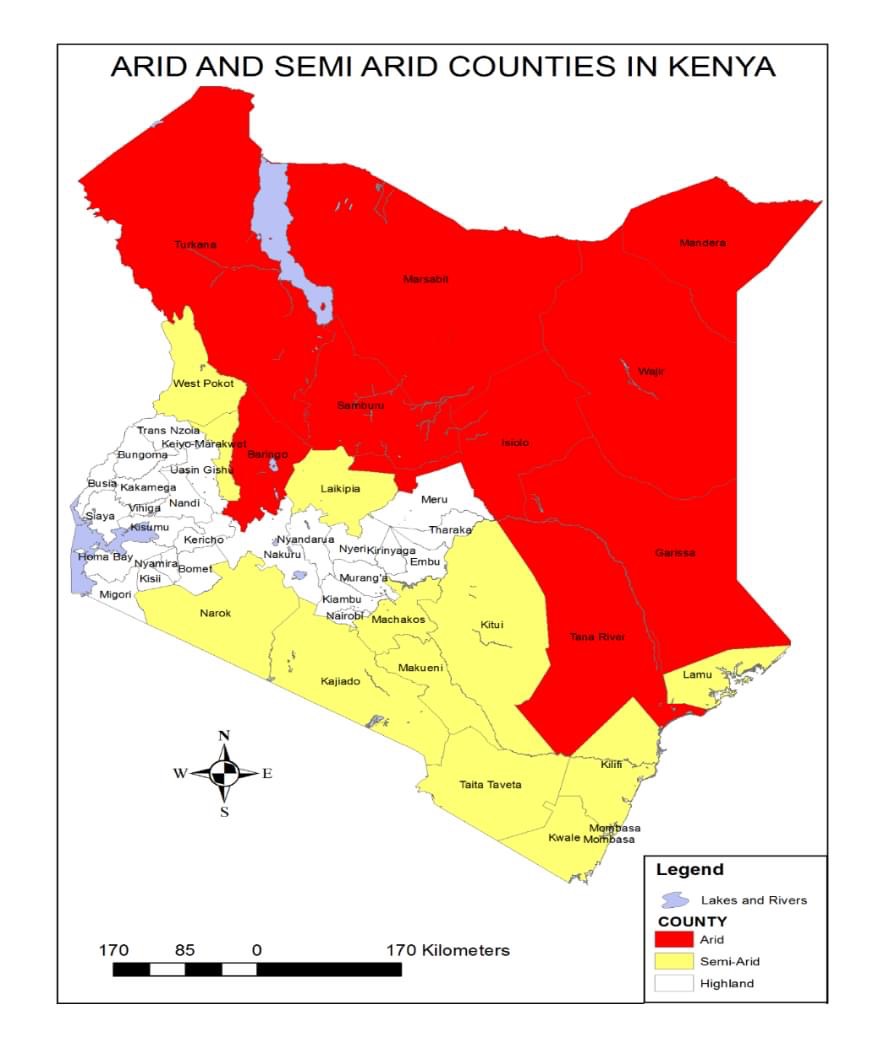
What can be done for the ASAL counties?
Despite the fact that this week is climate change address week. Formalities that have been maintained as a means of addressing difficulties of the ASAL counties have not yet been seen. Additionally, the ministries of the environment and forestry have not kept their promises to implement mitigations for the drought crisis in their respective counties.
There have been complaints that the ASAL counties have not been taken into account because leaders from various ASAL counties have not been seen in any representation at the African Climate Summit.
It is still to be determined how these ASAL countries interact with international organizations, humanitarian groups, and well-wishers in the context of early warning and early response (EWER) efforts.
The pastoralist populations who are most severely impacted by climate change, have not been engaged in this conversations


